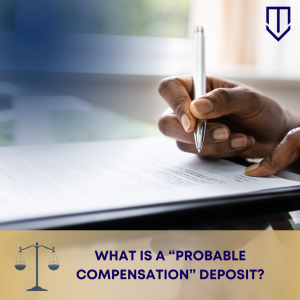 Eminent Domain proceedings will almost always end with the government taking title to private property after it pays out “just compensation” to a homeowner.
Eminent Domain proceedings will almost always end with the government taking title to private property after it pays out “just compensation” to a homeowner.
But sometimes, the government begins condemnation proceedings against the backdrop of a large project with encroaching deadlines. In these instances, California law allows the entity to obtain possession of the property early on in the condemnation process, granting the government the ability to begin its work sooner rather than later.
That said, there are numerous requirements that the government must fulfill in order to obtain pre-judgment possession. And even when the government meets its burden, defendant property owners can still oppose early possession by meeting various showings of hardship.
 California Partition Law Blog
California Partition Law Blog


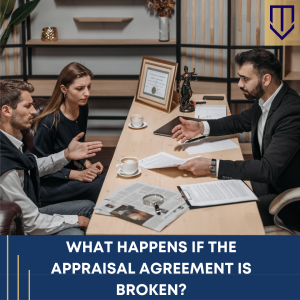 Partitions by appraisal are a unique way to resolve a
Partitions by appraisal are a unique way to resolve a 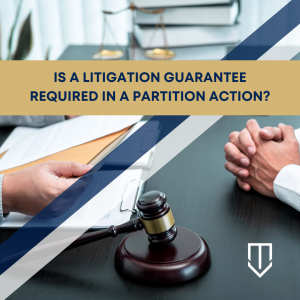 While litigation guarantees are recommended in a lot of contested real estate issues in court, it is not required in a
While litigation guarantees are recommended in a lot of contested real estate issues in court, it is not required in a  Yes. In California, you have a right to recover attorney’s fees by statute. But that doesn’t mean that you can recover 100% of your fees, even in
Yes. In California, you have a right to recover attorney’s fees by statute. But that doesn’t mean that you can recover 100% of your fees, even in 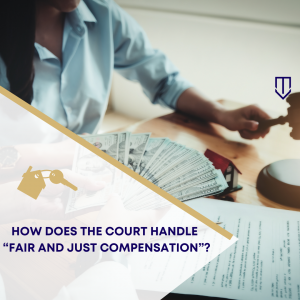
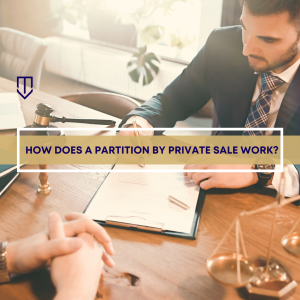 Partition by a private sale is a method of selling jointly owned property, either by joint tenants or tenants in common, under the court’s supervision via a court order or a court-ordered referee.
Partition by a private sale is a method of selling jointly owned property, either by joint tenants or tenants in common, under the court’s supervision via a court order or a court-ordered referee. 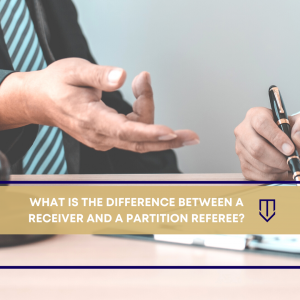
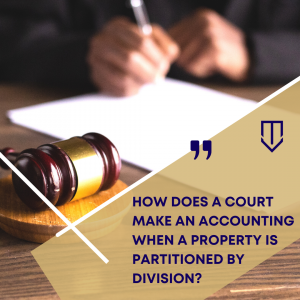 When there is a court-ordered
When there is a court-ordered 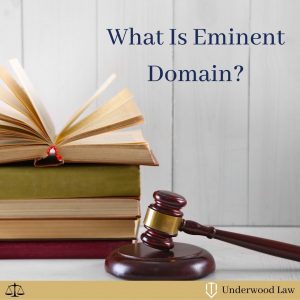 Pre-judgment interests are accrued interests on judgment amounts. Eminent domain is when the government “takes” private property for the public’s use and then owes fair and just compensation to the original private property owners. An eminent domain award is the court-ordered judgment amount that is based on the fair market value of the property owed to the private property owner.
Pre-judgment interests are accrued interests on judgment amounts. Eminent domain is when the government “takes” private property for the public’s use and then owes fair and just compensation to the original private property owners. An eminent domain award is the court-ordered judgment amount that is based on the fair market value of the property owed to the private property owner.